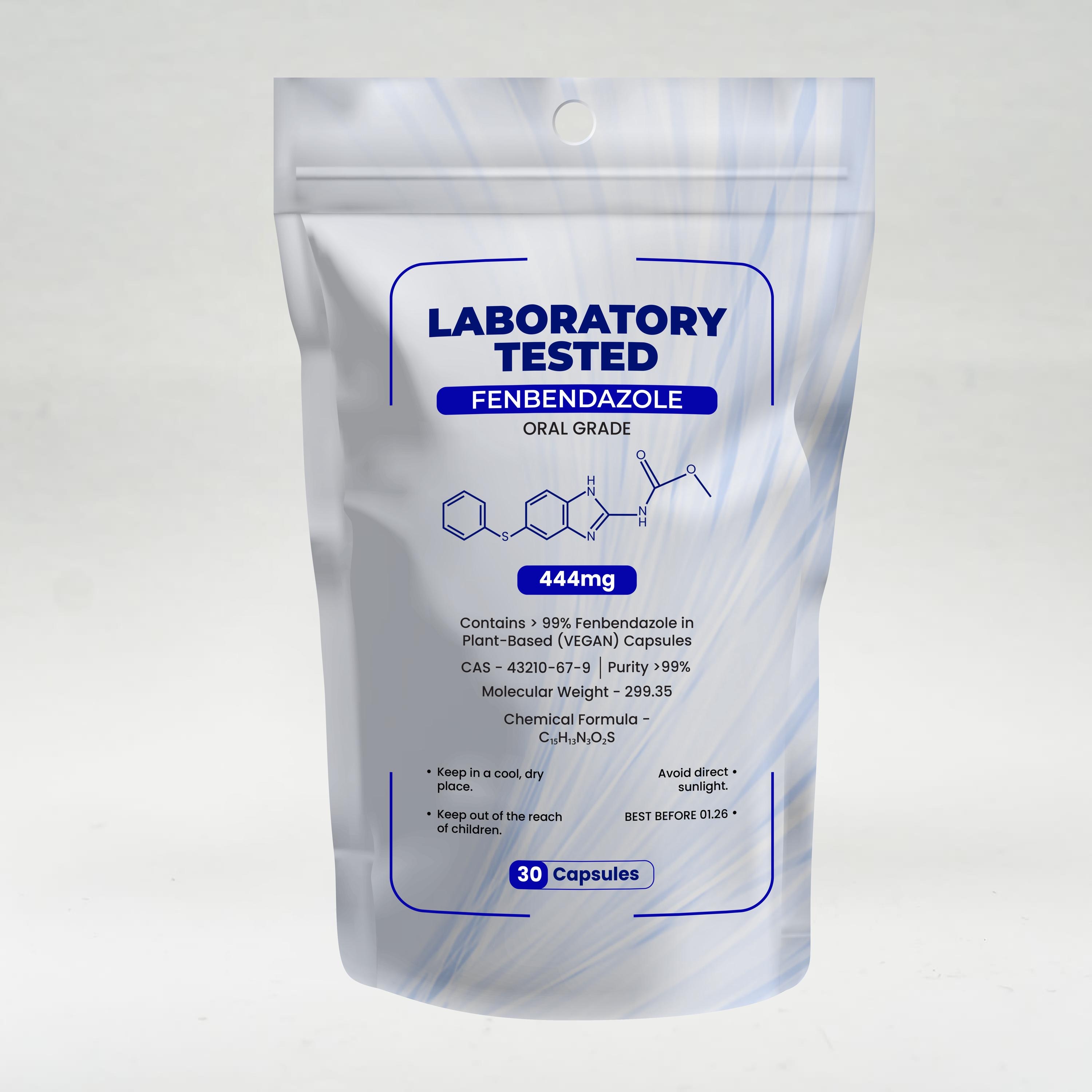Comprehending the Perks and Uses of Fenbendazole in Vet Medication
Fenbendazole has established itself as a vital anthelmintic in vet medication. Its capacity to target various parasitical infections makes it an important device for veterinarians. The medicine's device interferes with crucial cellular procedures in bloodsuckers, bring about effective therapy results. However, its safety account ranges varieties, requiring careful factor to consider in its use. Recognizing these dynamics can clarify fenbendazole's wider ramifications in veterinary care and recurring study into its prospective past conventional applications
Device of Activity of Fenbendazole

Usual Parasitical Infections Treated With Fenbendazole
A selection of parasitic infections are successfully treated with fenbendazole, making it a versatile choice in veterinary medicine. This anthelmintic representative is especially reliable versus nematodes, consisting of roundworms and hookworms, which commonly impact pet dogs and felines. It is likewise used for the therapy of cestodes, such as tapeworms, offering a broad spectrum of activity versus both sorts of digestive parasites. Additionally, fenbendazole is beneficial in managing infections brought on by protozoa, particularly Giardia, which can lead to gastrointestinal distress in pets. Its effectiveness reaches treating certain lungworms in dogs and felines, dealing with respiratory system wellness worries connected to these bloodsuckers. Generally, fenbendazole's ability to target several parasitical types makes it a beneficial tool in veterinary practice, guaranteeing the health and wellness and well-being of animals affected by these typical infections.
Safety and security and Effectiveness in Different Animal Species
The security and effectiveness of fenbendazole differ among various animal species, underscoring the importance of species-specific factors to consider in vet medicine. In pooches, fenbendazole is typically well-tolerated and efficient versus a variety of stomach bloodsuckers, consisting of roundworms and hookworms. For felines, nevertheless, its usage is less common and might require cautious application due to potential adverse reactions.
In animals, such as livestock and lamb, fenbendazole demonstrates efficiency versus different endoparasites, adding to boosted health and performance. The pharmacokinetics and potential side effects can differ markedly between varieties, demanding cautious analysis by vets.
Horses likewise respond positively to fenbendazole, particularly for dealing with strongyles and ascarids, though dosage and management courses should be customized to their special physiology. Recognizing these distinctions is essential for maximizing therapy outcomes and making certain animal well-being across diverse species.
Administration and Dosage Guidelines
Correct administration and dose guidelines are essential for maximizing the healing results of fenbendazole while minimizing prospective try these out negative effects. The dosage usually differs depending on the types being treated, the particular condition, and the formulation of fenbendazole made use of. fenbendazole. For dogs and pet cats, a common dosage is 50 mg/kg body weight, administered when daily for three consecutive days, yet vets may adjust this based upon specific health and wellness analyses
It is necessary to administer fenbendazole with food to boost absorption and decrease stomach trouble. The medicine is available in various navigate to this site kinds, including granules and paste, allowing for versatile management options. Checking the pet's response throughout and after treatment is advisable to verify effectiveness and security. Additionally, veterinary advice is vital to establish the appropriate period of treatment based upon the sort of parasitical infection being attended to, ensuring perfect results for the pet's wellness.
Future Point Of Views and Research Study on Fenbendazole
Study on fenbendazole remains to progress, concentrating on its possible applications past traditional antiparasitic usages. Recent studies have actually explored its effectiveness in treating numerous kinds of cancer cells, especially in veterinary oncology. Initial data recommend that fenbendazole might hinder the development of tumor cells and improve the impacts of various other chemotherapeutic representatives.
In addition, researchers are examining its function in handling food poisonings in animals, highlighting its anti-inflammatory properties. The adaptability of fenbendazole for various varieties elevates concerns regarding its safety profiles and optimal dosing routines in diverse populaces.
As passion grows, there is a requirement for comprehensive medical trials to develop evidence-based guidelines for these novel applications. Future research might likewise check out the systems behind fenbendazole's effects, potentially leading the way for ingenious restorative methods in vet medicine. The continuous exploration of fenbendazole can considerably enhance therapy options for numerous vet conditions.

Regularly Asked Questions
Is Fenbendazole Safe for Pregnant Animals?
The security of fenbendazole for expectant pets continues to be uncertain. While some studies suggest very little threat, vets commonly recommend caution and typically discourage its usage throughout maternity unless the advantages plainly exceed prospective threats.
Can Fenbendazole Be Utilized in Animals?
Fenbendazole is commonly utilized in animals to treat various parasitical infections. fenbendazole 222. Its efficiency against intestinal worms makes it a valuable anthelmintic, contributing to enhanced health and wellness and performance in pets increased for food and fiber
What Are the Adverse Effects of Fenbendazole?

The adverse effects of fenbendazole may consist of gastrointestinal disturbances, sleepiness, and allergies. In rare cases, more extreme reactions his response could occur, necessitating careful monitoring and appointment with a vet during therapy.
Just How Does Fenbendazole Compare to Various Other Dewormers?
Fenbendazole provides broad-spectrum efficacy against different parasites, usually contrasting positively to various other dewormers. Its one-of-a-kind mechanism targets different life stages, making it efficient, while generally offering a beneficial safety and security profile contrasted to choices offered on the marketplace.
Can Fenbendazole Be Used for Dealing With Cancer in Animals?
The possibility of fenbendazole in dealing with cancer cells in animals has actually garnered passion. Initial researches recommend it may prevent cancer cells cell development, but better research is required to validate its efficacy and safety and security in veterinary oncology.